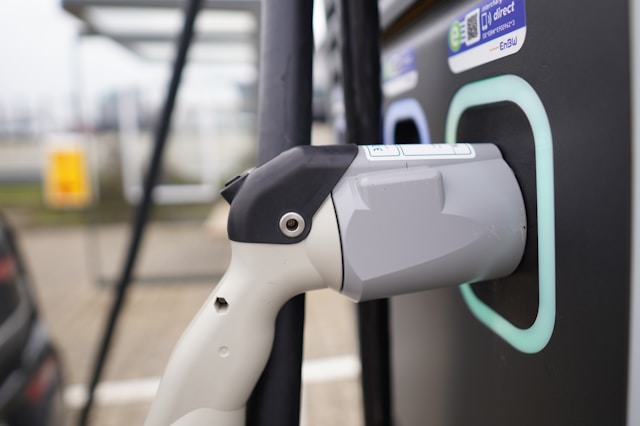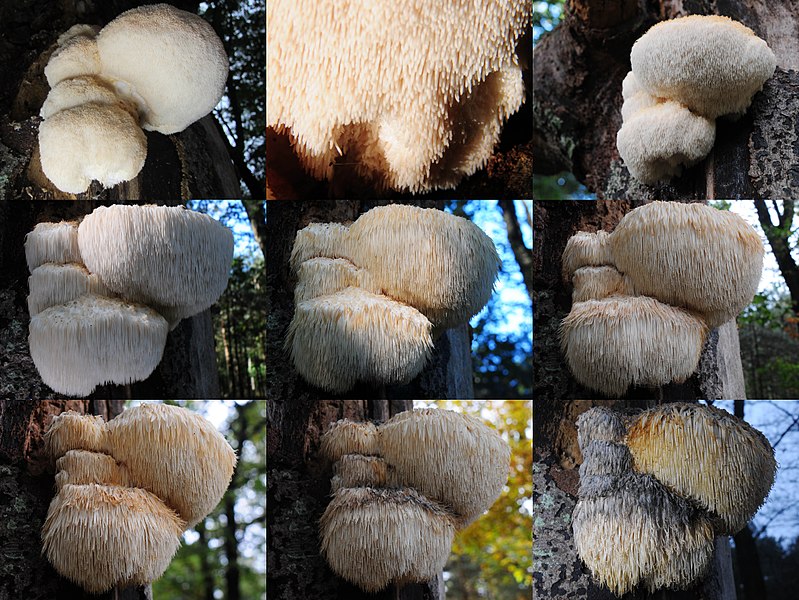The well-known commercials say this is “What’s for dinner,” but researchers found that beef is the most environmentally harmful animal product in the American diet. In the study, quantifying and comparing the U.S. environmental costs of different meats and other animal protein, it was found that cows are not efficient at converting feed to protein for human consumption. They found:
- When beef was compared to pork, poultry, or eggs in a per-calorie comparison, it was found to be worse in every measure – water, land, fertilizer. Beef production consumes eleven times more water, uses 28 times the land and is reason for five times more greenhouse gas emissions than other protein production methods.
- Cows burp major amounts of methane, and the amount of methane released is considerably more than done by pigs, chickens or turkeys. Moreover, methane is 23 times more powerful than carbon dioxide in terms of its contribution to global warming.
- At present, almost 40% of the total land area of the US is dedicated to the production of animal-based products. If much of this land would be dedicated to crops, which are directly consumable by humans, it would require fewer resources per calorie.
According to a study examining livestock and greenhouse gas internationally, the livestock accounted for 9% of the world’s total greenhouse gases, and their overall output has increased by 51% since 1961.
Researchers found if the average American switches from beef to pork, it would help him to reduce the equivalent of 1,200 pounds of carbon dioxide a year.





